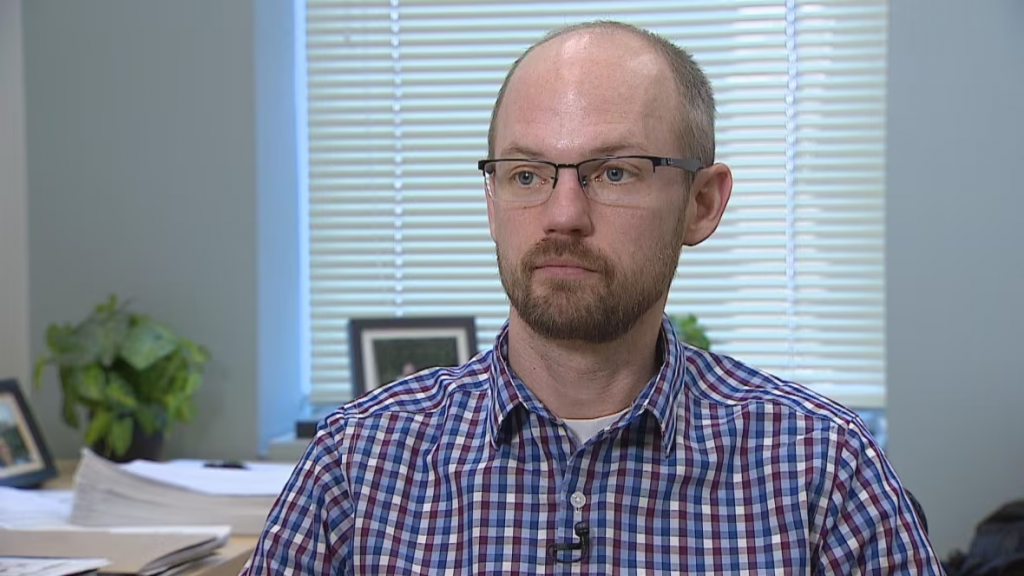As disaster costs add up, N.W.T. nears its debt ceiling

N.W.T. has ‘Cadillac taste’ with a ‘Chevrolet budget,’ past finance minister says
The Northwest Territories’ 20th Assembly will inherit a host of unfinished infrastructure projects, calls for more social programs, and the bill for this summer’s wildfire disasters — and paying for all that could push the territory over its debt cap.
For the 2022/23 fiscal year, the federal government set that cap at $1.8 billion — up from $1.3 billion in June 2020. After this summer’s wildfire season the Government of the Northwest Territories is forecasted to borrow just over $1.6 billion, or $120 million more than it predicted in March.
What happens if the N.W.T. hits its debt ceiling?
Finance Minister Caroline Wawzonek did not respond to CBC’s questions because of the current media blackout that restricts communications activities as a result of the Nov. 14 territorial election. But according to some of the territory’s past leaders, the territory will probably just borrow more.
“Every time that the [Government of the Northwest Territories] has gone to Ottawa to ask for an increase, I don’t think they’ve ever denied it,” said Kevin O’Reilly, former MLA for Frame Lake.
“I think it is a question that deserves some public discussion and debate. Do we want to mortgage our kids’ or grandkids’ futures to try to do things that we can and should be doing better today?”
Borrowing inevitable?
Given the costs of rebuilding after this summer’s wildfire disaster, O’Reilly says more borrowing seems inevitable.
The 20th assembly is also inheriting the Diavik Mine’s closure, a significant source of revenue, and a shrinking population which leads to less income through federal transfer payments.
The federal department of finance did not respond prior to deadline to questions on how interest rates would be affected if the N.W.T. seeks to borrow beyond its limit.
Past N.W.T. finance minister Micheal Miltenberger also used O’Reilly’s analogy to describe the territory’s predicament.
“We’re mortgaging the future of our children to pay for the lifestyle today,” he said.
“And we have a Cadillac taste.”
An economy with potential, says economist
Trevor Tombe is an economics professor at the University of Calgary. He says the next assembly is actually inheriting an economy with potential.
He said the federal government takes on 90 per cent of disaster financing and that the territory has a cushion built into its budget to absorb other financial surprises, though Wawzonek has previously said the budget’s $170-million operating surplus “pretty well has all been wiped out.”

Tombe said that private insurance arrangements are also likely to cover some of the costs of rebuilding.
“So there can certainly be expensive disasters where the expenses are shifted off of the N.W.T. government’s own books,” he said.
Tombe also pointed to industries like construction and mine remediation that are generating high wages and he said appear to be growing.
Miltenberger, however, disagrees.
“We have not figured out how to live more within our means,” he said.
He added that with the N.W.T.’s so-called Cadillac taste, “we have a Chevrolet budget.”
Related stories from around the North:
Canada: N.W.T. projected to spend $100M on fighting wildfires — 5 times more than budgeted, CBC News
United States: Bursting ice dam in Alaska highlights risks of glacial flooding around the globe, The Associated Press



